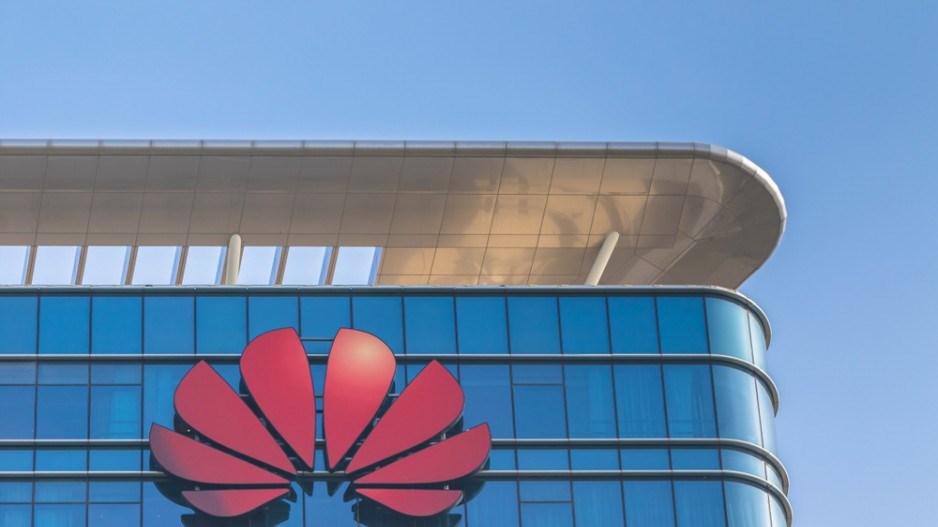Despite Canada’s big-three telecom firms’ rejection of equipment from Huawei Technologies Co. Ltd. for the country’s 5G-network infrastructure, the federal government remained quiet on its stance on the Chinese tech giant’s involvement in future Canadian systems.
On Friday, when asked about the federal government taking more than two years in its review of potential Huawei involvement in Canadian 5G, Canadian Prime Minister Justin Trudeau did not give any hints of a timeline of when a decision from Ottawa is forthcoming.
“We continue to work with our intelligence agencies and our security services to take the right decision for Canadians as we move forward to ensure we remain competitive while keeping Canadians safe and keeping their businesses safe,” Trudeau said in response to the question before ending his daily press conference without taking a follow-up question on the matter.
Earlier this week, both Vancouver-based Telus Corp. and BCE Inc. (Bell Canada) said they will select European firms Ericsson and Nokia for their respective 5G infrastructure, reversing previous positions where both companies appeared to favour the more affordable Huawei option with investments into the Chinese option.
With the announcement, Telus and Bell join Rogers Communications Inc. in shunning Huawei, which has been facing intense pressure from U.S. authorities and their efforts to keep the Chinese firm out of other countries’ 5G networks on accusations that the firm’s ties with Beijing could compromise information that pertains to the national security of nations that use Huawei 5G equipment.
The pressure has been especially strong in the “Five Eyes” nations, where Great Britain last week also reversed previous decisions to allow Huawei equipment on “non-core” 5G infrastructure. London has now said it will reassess that position.
University of Ottawa scholar Margaret McCuaig-Johnston said while Telus and Bell’s decision was a pleasant surprise given Huawei’s potential threat to Canadian data security, the federal government is not off the hook in terms of giving the Chinese telecom giant a firm response on Canadian 5G infrastructure.
“What they didn’t say is they won’t be using Huawei equipment in the future,” McCuaig-Johnston said of Telus and Bell’s announcement. “... Bell actually said it won’t be using Huawei equipment unless Ottawa permits it. So it’s unclear if Bell is still leaving that door open. The implication is that they are moving on, but I would say this is a 98% announcement, and we’d like to know of the last 2% that they won’t bring in Huawei equipment at a later date – because our network is only as strong as its weakest link.”
McCuaig-Johnston added that Great Britain’s original approach of keeping Huawei out of its core systems to ensure data security doesn’t work because the nature of 5G is different from that of 4G networks. The latter, she said, keeps sensitive data at its core, but the newer 5G network actually holds all information at all parts of the network to ensure rapid response times. That means that shutting a supplier out of the core does not block it from accessing sensitive information that’s normally held only in the core system in a 4G setup.
“It would be good to get clarification from the Canadian government at some point for the benefit of smaller carriers,” McCuaig-Johnston said. “Rural and regional providers like SaskTel have used Huawei in the past, and it’d be good to have government clarification that it does not foresee Huawei equipment being used in 5G in Canada, because it’s not just the big-three companies... Regional carriers are part of the network, too. That could be a problem.”



